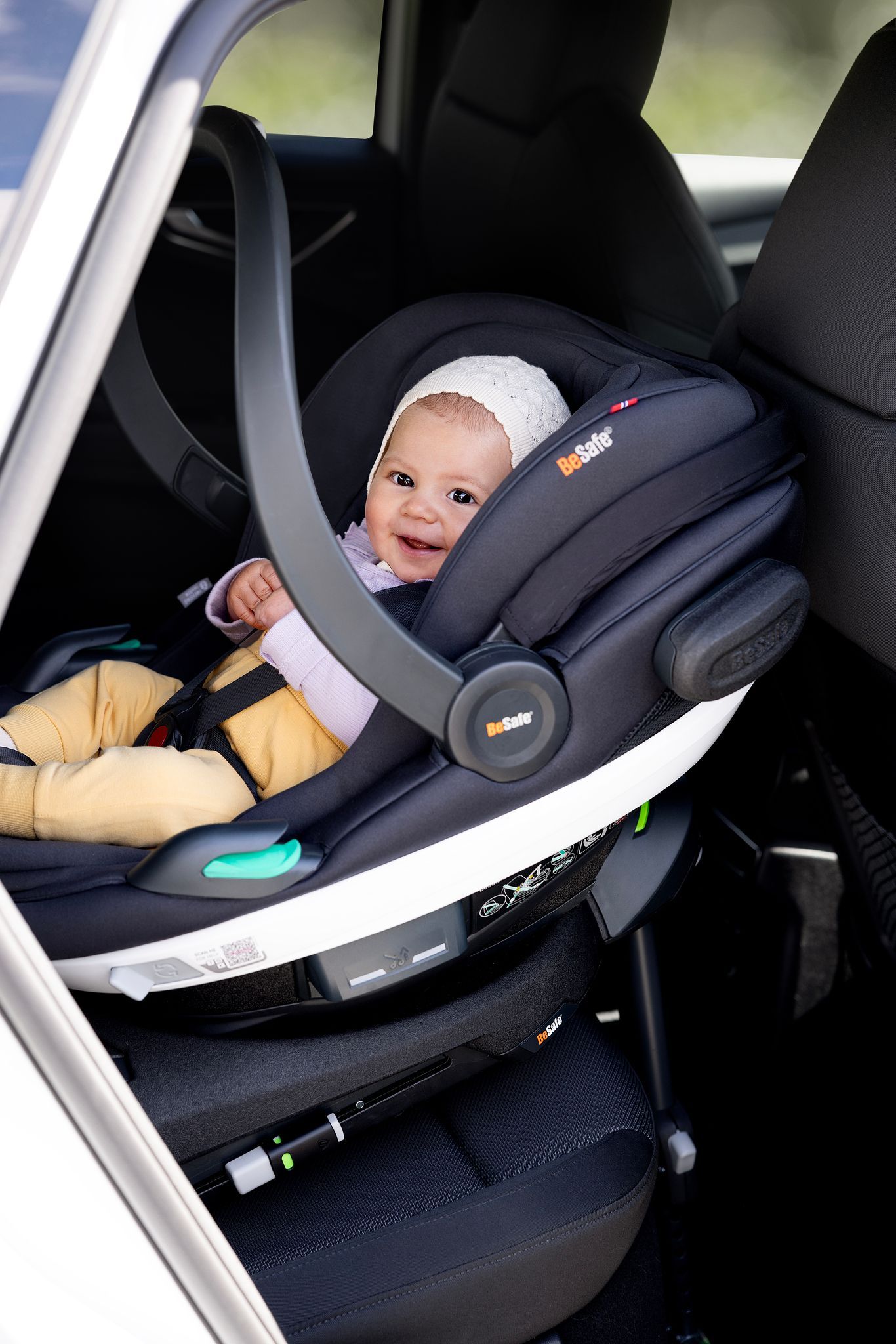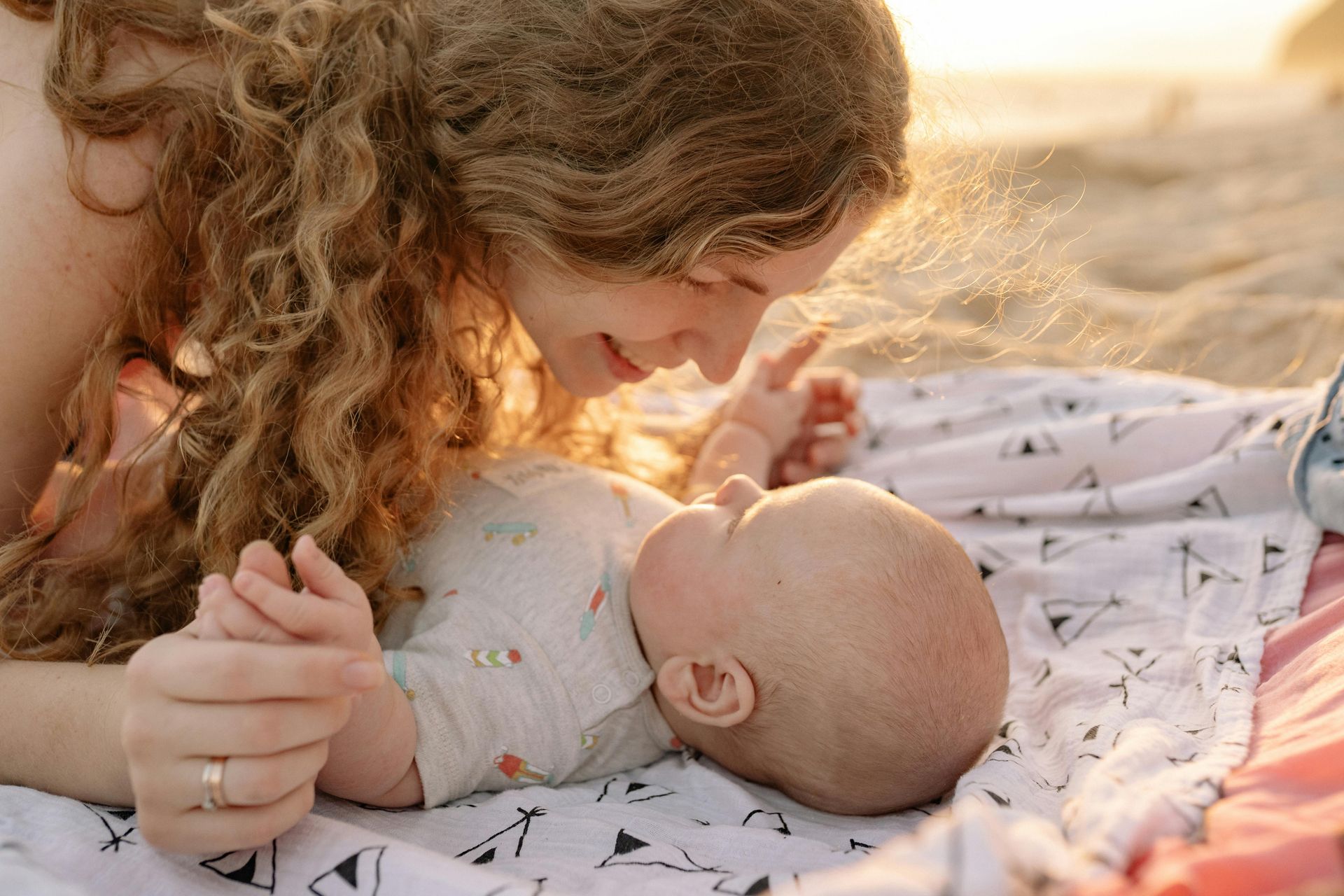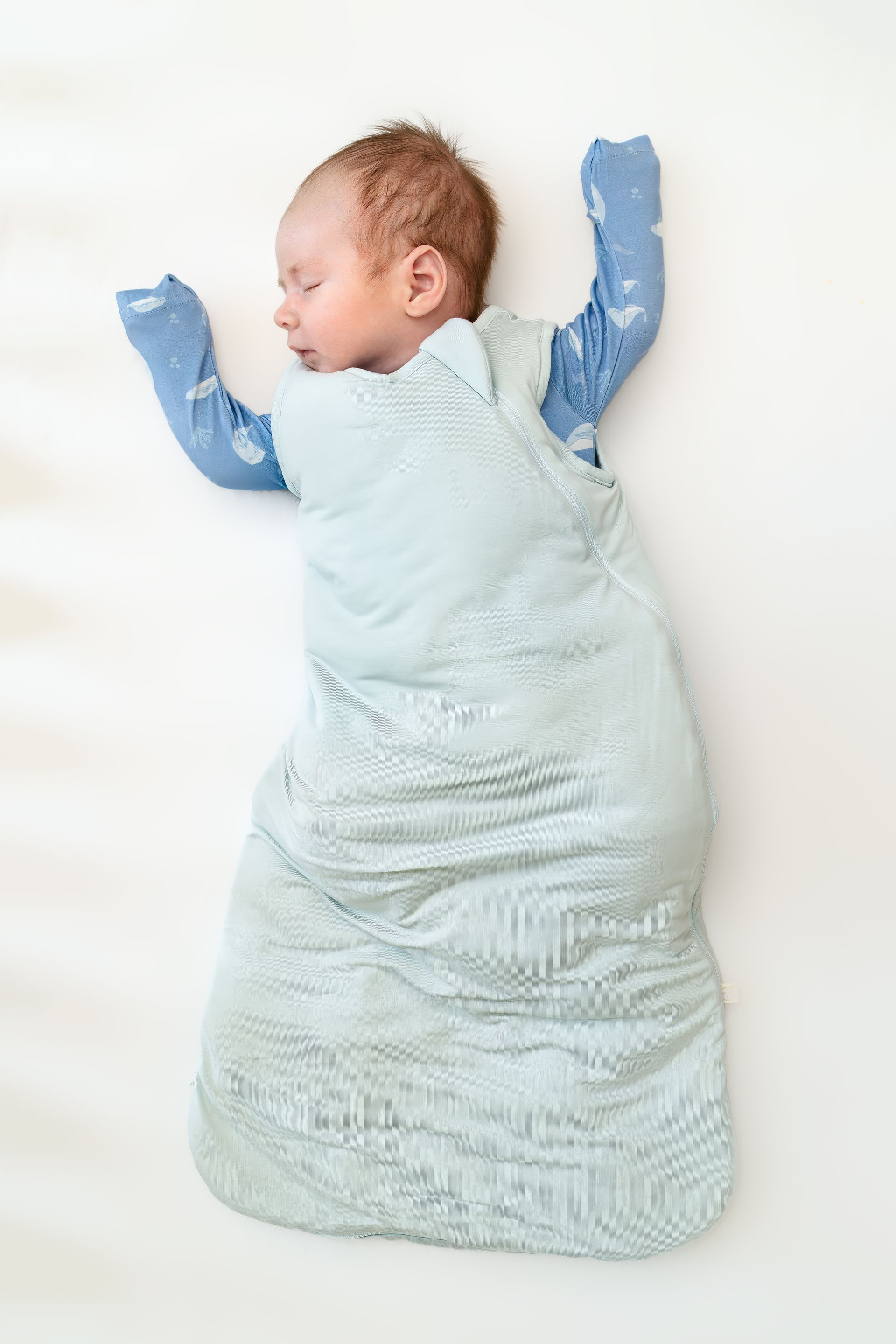Why Are We Up So Early?
Troubleshooting those early morning wake ups
Written by: Lamis Benjelloun
Any mama out there can tell you that she can get more done before 9 am than anyone else can in a whole day. Babies wake up so early and cause us to start our days much earlier than we used to pre-kids. And what we wouldn’t do for just another 30 minutes of sleep!
Children’s sleep is influenced by their circadian rhythms, which are in turn influenced by light and darkness (ie sunrise and sunset). This means that a normal wake up for children is usually between 6 and 8 am. Yikes, that is super early! But some mamas have kiddos that wake up even before that, and in my books as a sleep consultant, any wake up prior to 6 am is considered an early wake. And that is something we can work on to improve, should you want to.
Ok so your child is waking up at 5:30 am on the dot and you have tried everything and its not working, what can you do? You can begin by asking yourself the following questions (full disclosure, these are the exact questions I ask the families I work with when working to fix early wake ups) :
Lights and sounds
This is probably the first place I check. Does anything change in your child’s sleep environment in the early hours of the day? Neighbors waking up? Birds chirping outside? Cars on the move? Small light ray sneaking into the room in between the curtain and the window?
Any of these can wake your baby up and because the drive to sleep is so low at that point and “it looks to them” that its daytime (not as dark as middle of the night) they assume that it’s Ok to wake up then.
The next time your baby wakes up really early, do a quick scan of their room and see if any external sounds or lights are coming in.
Naps and Bedtime (Part one)
Next, let’s talk about your child’s schedule. Are they taking the right number of naps? Are the naps happening at the time they most need them? Are they long enough to satisfy their daytime sleep needs? Is that last wake window in line with what they can tolerate so that bedtime is age appropriate?
If you haven’t guessed where I’m going with this, I’m trying to figure out if your baby is overtired. And this is probably the most common reason for early wake ups and perhaps the one thing that most parents I speak with initially disagree with. The truth is most babies wake up early because they are overtired and need more sleep. So move bedtime earlier for like 5 or 6 days, you will see that morning wake up getting later.
Naps and bedtime (Part two)
There is a flipside to this. Say your child has a great sleep foundation, has an appropriate nap schedule, satisfies their daytime sleep needs and goes to bed early, only to wake up 11-12 hours after bedtime at 5:30 am. In this case, your baby could use a slight schedule revision in order to slide wake up time a little later.
Wet diapers/bowel movement
Is your baby waking up because they are uncomfortable in a dirty diaper? Those early morning poos can be rough to handle. Attempt to load your kiddos on their fruits and veggies earlier rather than later in the day in order to change their “bathroom break”.
Hunger
Is your baby waking up because they are hungry? Make sure your baby has a proper dinner before going to bed so that they can sleep through with no problem.
What they look forward to when they wake up
And last but not least, what is your baby looking forward to when they wake up in the morning? Do they get to come into your bed? Nurse? Have a bottle? Watch TV while you catch a few minutes of extra sleep? Believe it or not, these are all things that can get your child excited at the prospect of waking up in the morning so as soon as they can, they will fully wake up! Many years ago, my son was waking up earlier than I liked so I told him he can watch TV in the morning. What started off as a 7 am wake up, over the days, got earlier and earlier until we were up before 6 am to watch TV. When I realized what was happening, we changed our morning routine and eventually came back to where we started.
What time is your child waking up in the morning? If it is too early, go through the questions to find the culprit and let me know what worked!





